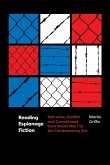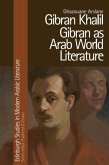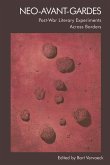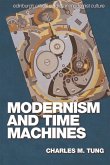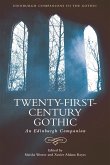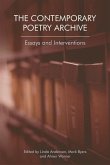Introduces the figure of contamination as alternative to dialectics Whereas dialectics separates two entities and traverses from one to the other (finally negating negation), contamination allows for the simultaneous interdependence of what has previously been conceived as separate or opposed. The book enquires into the problem of various oppositions between pure entities such as nature and society, body and mind, science and the arts, subjectivity and objectivity, action and contemplation, the sacred and the profane. It examines how works of literature and cinema have contaminated constructions of the pure and the immune with their purported opposite. As an advanced critical introduction to the figure of contamination, the book makes explicit what so far has remained unarticulated-what has only been implied-within postmodern and poststructuralist, and deconstructive theory.Combining theory with literary criticism, the book sheds light on how overlooked aspects of Henry James's , H. Melville's and H. G. Wells's novels question notions of natural order as well as an opposition between the subjective and the objective. It offers fresh readings of classic films and literary texts, including Vertigo and Moby Dick, with the aim to ground theoretical insights in close analysis. Key featuresCritically engages with some aspects of contemporary theory that keep propounding a Cartesian notion of the mind's control over the bodyAnalyses how key thinkers such as Spinoza, Benjamin, Pasolini and Freud attempt to re-evaluate what Agamben calls 'bare life'Offers original readings of Pasolini's notion of scandalo in terms of contaminationAlerts us to the ways in which some aspects of contemporary posthumanism may merely reproduce the dialects of inclusion and exclusion which is still premised on traditional notions of purity and immunity
Dieser Download kann aus rechtlichen Gründen nur mit Rechnungsadresse in A, B, BG, CY, CZ, D, DK, EW, E, FIN, F, GR, HR, H, IRL, I, LT, L, LR, M, NL, PL, P, R, S, SLO, SK ausgeliefert werden.




